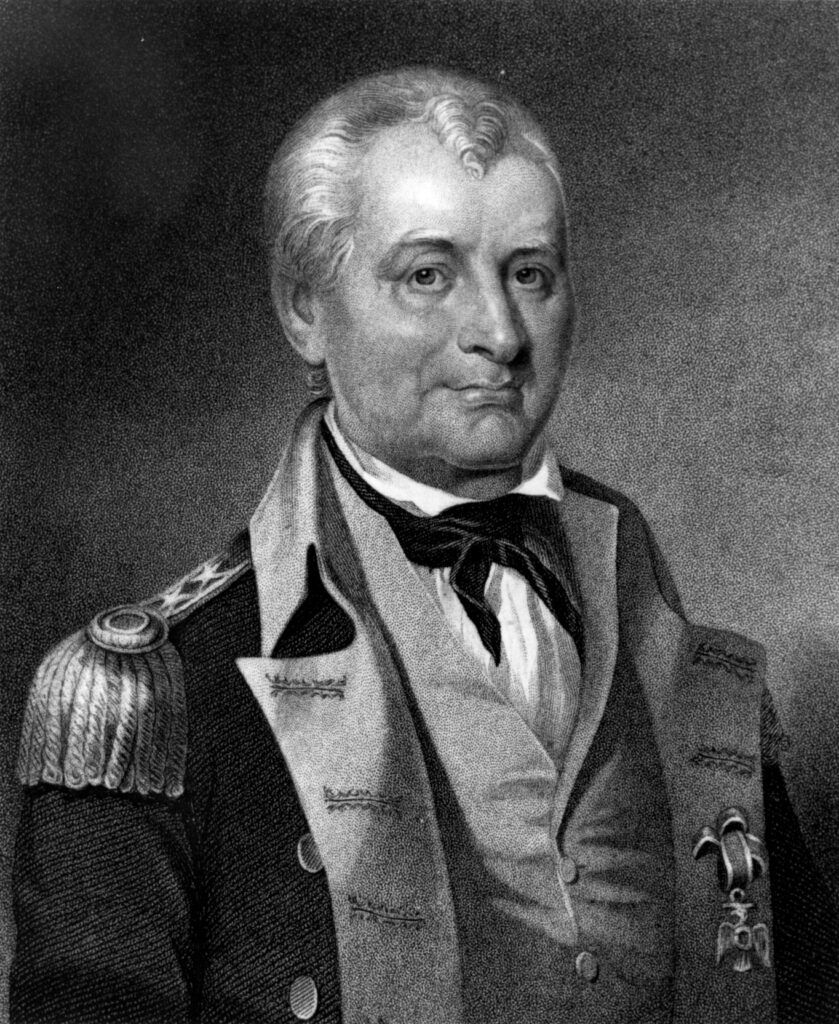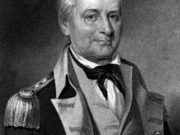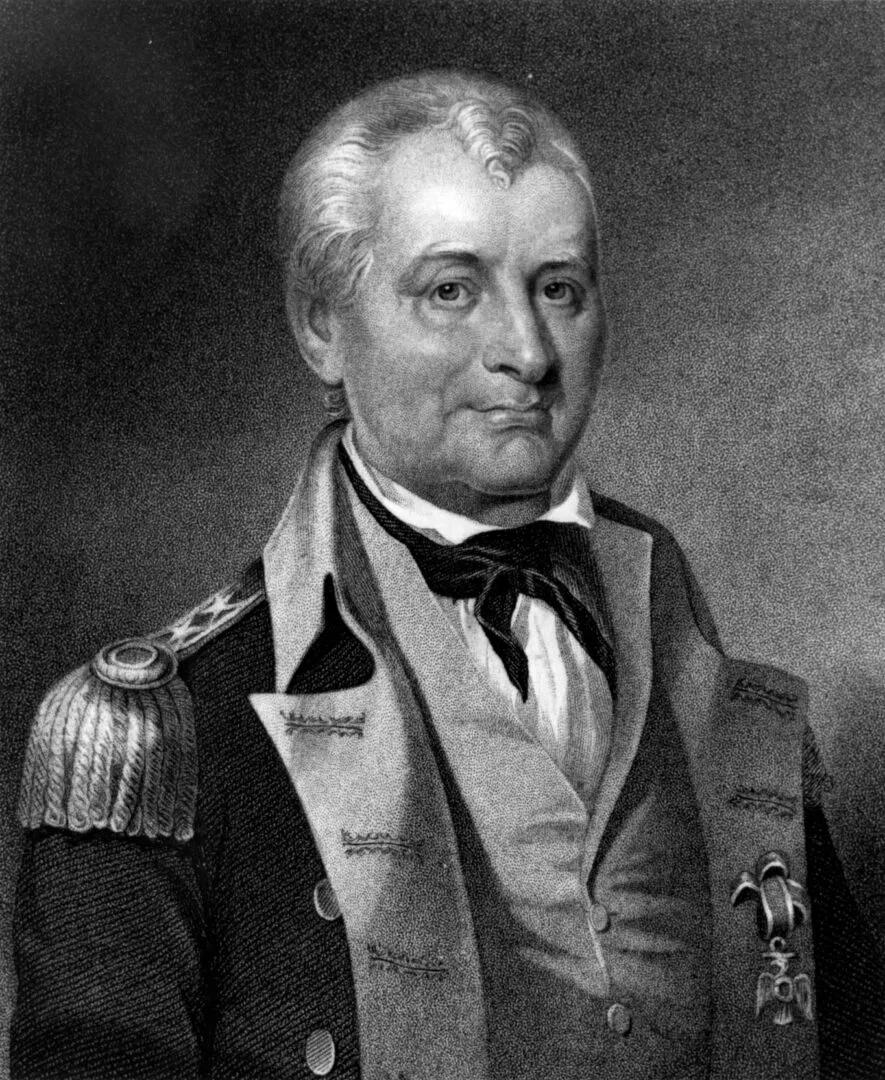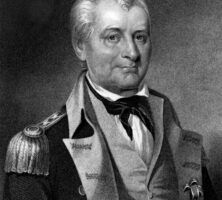Lachlan McIntosh, a member of a prominent eighteenth-century Scottish Highland family that was among the earliest settlers of the Georgia colony, played an important role in the cause of American independence. He distinguished himself in a career that evolved over three critical periods in the state’s early history—from colonial to revolutionary to statehood. McIntosh County, on the Georgia coast, was named in honor of his family.
McIntosh arrived in Georgia from Scotland at eight years of age, part of a group of Scots settlers led by his father, John McIntosh Mohr, who established the town of Darien in 1736. The young McIntosh came of age in a time of almost constant warfare as the Darien Scots helped defend the Georgia colony in England’s commercial war with Spain, which lasted from 1739-48. When his father was captured by the Spanish and imprisoned in 1740, McIntosh lived at Bethesda, the orphanage near Savannah under the direction of the Reverend George Whitefield. Two years later he left Bethesda on orders from General James Oglethorpe to serve as a cadet in the military regiment at Fort Frederica. It was Oglethorpe who convinced McIntosh and his brother William that their future lay in Georgia after they attempted to return to Scotland to join the rebellion led by “Bonnie Prince Charlie.”

In 1748 the twenty-one-year-old McIntosh established residence in Charles Town (modern-day Charleston), where he was employed by South Carolina merchant Henry Laurens, the individual who played the most influential role in guiding McIntosh’s business career. Laurens was also a leading player in Georgia’s movement toward independence.
In 1756 McIntosh married Sarah Threadcraft of South Carolina. McIntosh then returned to Georgia, where he acquired acreage in the Altamaha River delta, planted rice in partnership with Laurens, and in 1767 surveyed the town of Darien established by his forebears thirty years earlier.
By 1770 McIntosh had solidified his political sympathies with the American protest movement. This was exemplified in January 1775 when he helped organize delegates to the Provincial Congress from the Darien District of St. Andrew Parish. McIntosh served during the Revolutionary War (1775-83), and by January 1776 he had been appointed to the command of the Georgia Battalion with the rank of colonel. He organized the defense of Savannah and repelled a British assault at the Battle of the Rice Boats in the Savannah River. Promoted to the rank of brigadier general in the Continental army, McIntosh laid plans for the defense of Georgia’s southern flank from British incursions from Florida. He became embroiled in a political dispute with Button Gwinnett, who wanted the command of the Georgia forces and was resentful of McIntosh’s success and advancement.
The animosity between McIntosh and Gwinnett came to a head on May 16, 1777, when both men were wounded in a pistol duel in Sir James Wright’s pasture outside Savannah. McIntosh recovered, but Gwinnett died of his wound three days later. Although McIntosh was acquitted at the ensuing trial, feelings among Gwinnett’s supporters ran so high that McIntosh was forced to leave Georgia. He served with General George Washington at Valley Forge, Pennsylvania, in the difficult winter of 1778, then was assigned to the important command of the Western Department. With Washington’s support, McIntosh was entrusted with leading an expedition against Britain’s Indian allies in the Ohio Valley. McIntosh established two forts, Fort Laurens and Fort McIntosh, which helped solidify American control of the Northwest after the Revolution.
After returning to Georgia in 1779, McIntosh helped organize the unsuccessful attempt to retake Savannah from the British in October. Then, in the spring of 1780, again with a major command, he was taken prisoner during the failed effort to defend Charles Town. McIntosh was relieved of duty by the Continental Congress but was later cleared of all charges. Despite financial losses due to the war, McIntosh returned to his planting and business activities near Savannah. He was an organizer of the Georgia Society of the Cincinnati, a delegate to the Continental Congress from Georgia in 1784, and a commissioner representing his state during the settling of the boundary dispute between Georgia and South Carolina in 1787. He died on February 20, 1806, shortly before his eightieth birthday.






